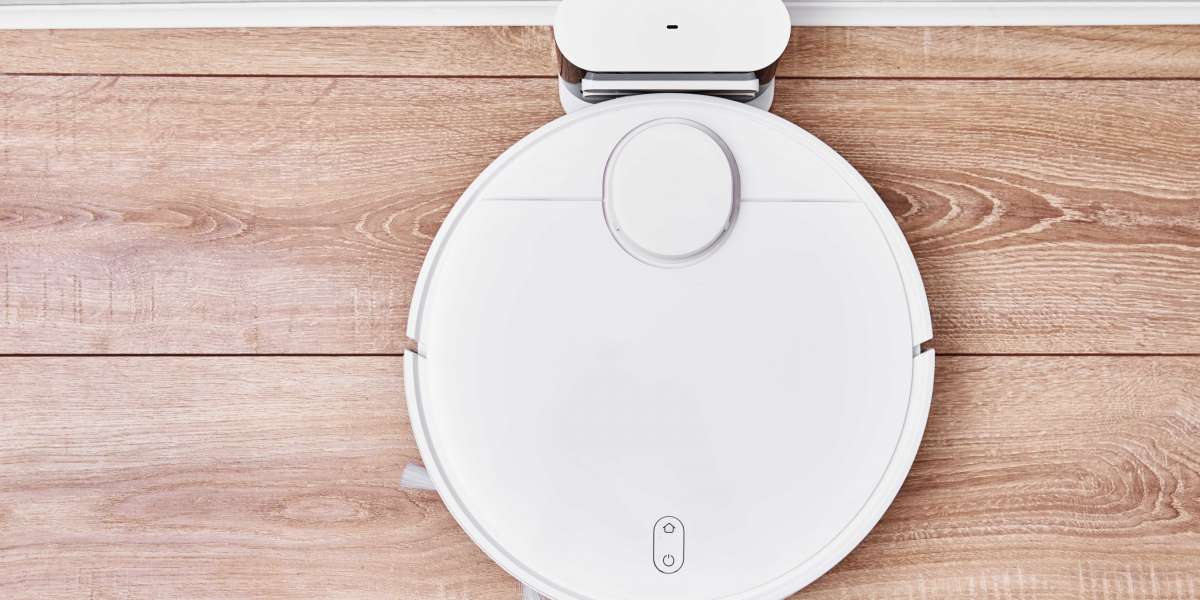
Understanding Medical Rollators: A Comprehensive Guide
As the population ages and the frequency of mobility-related problems boosts, medical rollators have actually ended up being important assistive gadgets for lots of people seeking to regain their independence. Medical rollators are not simply walking aids; they are comprehensive mobility solutions developed to offer stability, assistance, and comfort. This article checks out the numerous aspects of medical rollators, including their types, benefits, essential functions, and how to select the ideal one.
What is a Medical Rollator?
A medical Rollator With Basket is a walking Drive Devilbiss Tri-Walker Aid with Seat - Red geared up with wheels, hand brakes, and a seat. It is created to assist individuals with mobility challenges, such as the elderly or those recovering from surgical treatment or injury. Unlike traditional walkers, which require lifting, rollators enable users to propel themselves forward with very little effort. They are created for both indoor and outdoor use and offer users a degree of independence and self-confidence in mobility.
Key Features of Medical Rollators
When choosing a medical rollator, several functions need to be thought about:
- Wheels: Rollators normally have either 3 or 4 wheels, with the latter supplying higher stability.
- Brakes: Hand brakes are essential for safety, permitting users to stop and secure the rollator when required.
- Seat: Many rollators featured a built-in seat for pause, making them perfect for users who might tire easily.
- Storage: Most models include baskets or bags that permit simple transportation of personal items.
- Adjustable Height: Rollators need to have adjustable height settings to accommodate users' varying needs.
- Weight Capacity: Different rollator designs support various weight limitations-- it's crucial to choose one that matches the user's requirements.
| Function | Description |
|---|---|
| Wheels | 3 or 4 wheels for stability |
| Brakes | Hand-operated for safety |
| Seat | Built-in for resting purposes |
| Storage | Extra storage area |
| Adjustable Height | Personalized for user convenience |
| Weight Capacity | Varies by design; check requirements |
Benefits of Using a Medical Rollator
Medical rollators provide numerous advantages for users, consisting of:
- Enhanced Mobility: Rollators permit users to move more easily, decreasing the risk of falls while ensuring stability.
- Increased Independence: With the support provided by a rollator, users can navigate their environments without relying too greatly on caregivers.
- Convenience While Resting: The seat feature enables users to take breaks as needed, making getaways more manageable.
- Safety and Stability: Rollators are geared up with protected brakes, offering users confidence in their capability to stop and rest securely.
- Versatility: They can be used for both indoor and outdoor activities, including shopping trips and leisurely walks in the park.
Types of Medical Rollators
Medical rollators come in various types to fulfill the diverse needs of users. Below are some typical types:
Standard Rollators: These have four wheels and appropriate for both indoor and outdoor use. They usually feature a seat and storage compartment.
Compact Rollator Rollators: Designed for ease of transport, these lighter designs are foldable and simple to store, making them ideal for users who travel often.
Heavy-Duty Rollators: Built for users requiring tougher support, these designs typically include wider frames and greater weight capacities.
Three-Wheel Rollators: Offering higher maneuverability, these are best folding three-wheel rollator walker with accessories (https://www.mymobilityscooters.uk) for indoor use or in tight areas, though they might provide less stability than four-wheeled models.
Bariatric Rollators: These models are created for heavier weight capacities and greater sturdiness, catering specifically to individuals requiring extra support.
FAQs About Medical Rollators
Q1: How do I know if I need a rollator?
A1: If you have difficulty walking, experience frequent fatigue, or stress over falling, a rollator may be helpful. Consulting with a healthcare expert can offer customized suggestions.
Q2: Are rollators covered by insurance?
A2: Many insurance strategies, consisting of Medicare, may cover rollators when prescribed by a doctor. It's a good idea to talk to your insurance prepare for specifics.
Q3: How do I preserve a medical rollator?
A3: Regularly check the brakes, wheels, and overall structure for wear and tear. Tidy the frame and storage compartments to guarantee hygiene.
Q4: Can rollators be changed for height?
A4: Yes, most rollators have adjustable handles to fit the user's height easily. This is important for correct posture and ease of use.
Q5: What should I consider when choosing a rollator?
A5: Consider the environment you will be utilizing it in (indoor vs. outdoor), the weight capability required, includes you prefer (such as a seat and storage), and your own physical requirements.
How to Choose the Right Medical Rollator
Choosing the proper medical rollator can considerably affect a user's quality of life. Here are some steps to think about when making a choice:
Assess Needs: Determine what features are important, such as a seat, storage, or weight capability.
Test Models: If possible, try different rollators. Inspect how easy they are to steer and if the height modifications fit your requirements.
Research Brands: Look for trustworthy brands that provide guarantees and great customer assistance.
Speak With Healthcare Professionals: Engage with physiotherapists or physical therapists who can provide suggestions based upon medical evaluations.

Examine Reviews: Online evaluations can supply insights into user experiences with particular models.
In conclusion, medical rollators are vital tools that improve mobility and self-reliance for those with mobility difficulties. By understanding the functions, benefits, and types available, users can much better navigate their choices and flawlessly incorporate rollators into their everyday lives. Whether helping with recovery or just boosting mobility, medical rollators play a crucial role in cultivating independence and safety for individuals throughout varying mobility contexts.






